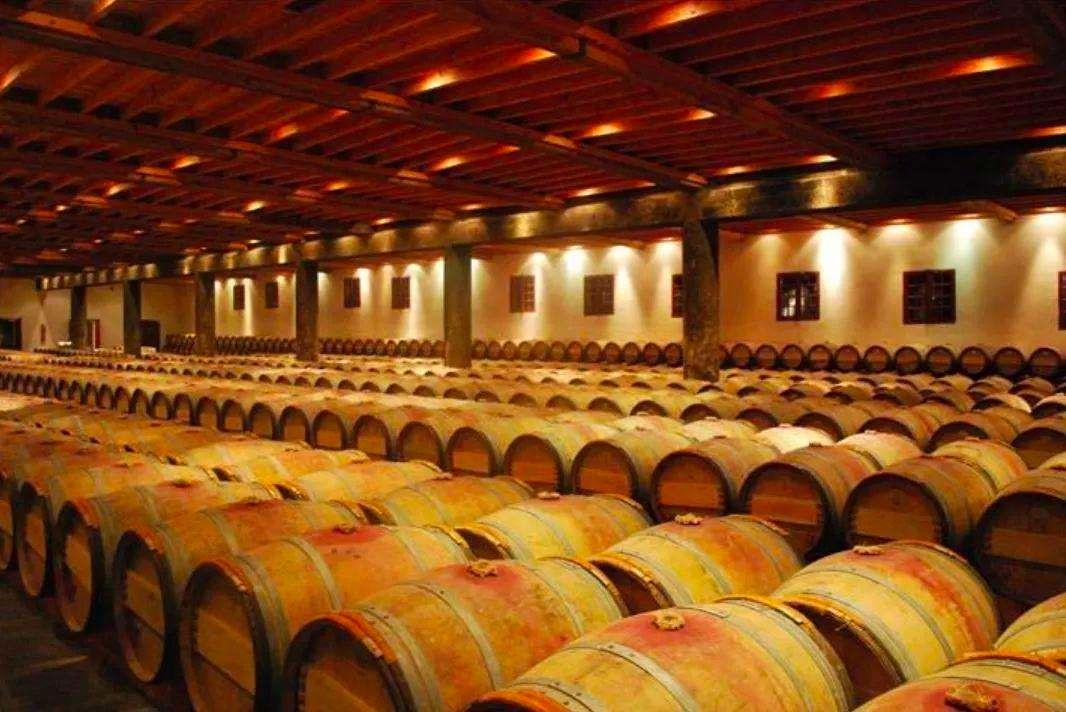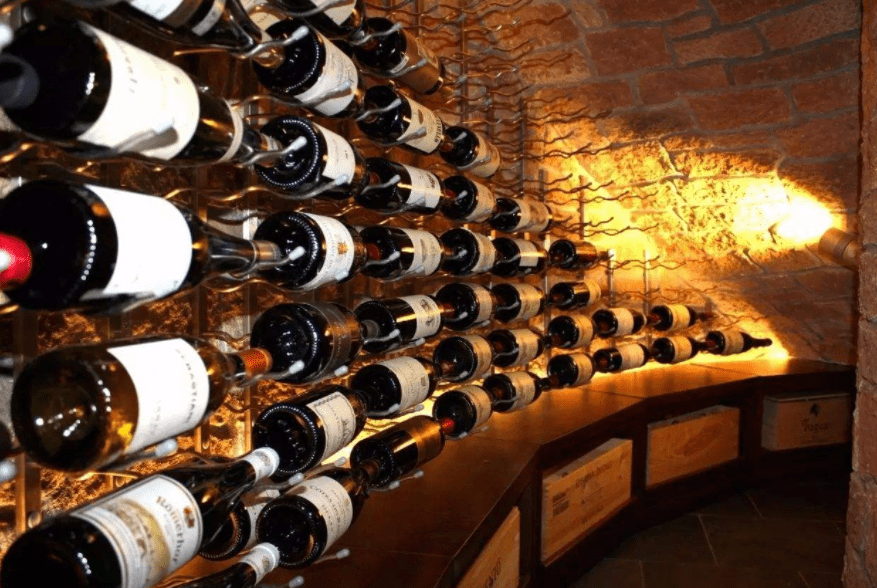Stop spreading the word! These are the 6 common knowledge of red wine you should know

With the improvement of the quality of life, red wine is no longer strange to us.Couples dating, it is to create a romantic atmosphere of the “master weapon”; friends get together, it can quickly close the distance between each other. Even in the health care sector, it has become a popular “beauty product” for women.Because of this, in recent years the types and brands of red wine can be said to be a wide range of prices from a few hundred, thousands, tens of thousands or even hundreds of thousands. In the face of such a dizzying situation, how can you really judge a bottle of red wine is good or bad?
For many people who are just starting out, many of the perceptions of red wine by the influence of friends around, or limited to the introduction of the red wine bottle, but it is the word of mouth or simple and straightforward Chinese introduction, are often inaccurate.
So, today we’re going to talk to you about how you can accurately determine whether a bottle of red wine is good or bad when you’re picking it out! Whether you are a novice white, or red wine “gourmets”, we hope that we do not spend money wrongly.
1, red wine in the end there is no shelf life?
First of all, this issue must be the most concerned.
When we buy red wine, often in the bottle body will see such a label: shelf life of 10 years.
That according to this calculation, “82 years of Lafite” is not already expired? No, the “10 year shelf life” is only a special provision of the 1980s.
In countries where wine is regularly consumed, there is no shelf life, only a “drinkability period”, which is the best time to drink a bottle of wine.
According to expert research, only 1% of the world’s wines have the ability to age for 10 years or more, 4% of wines are 5-10 years old, and more than 90% of wines are drinkable within 1-2 years, which is why 82-year-old Lafite wine is so expensive.
So we buy wine in the future, do not bother about the shelf life.
2, the older the year, the better the quality?
According to the previous introduction on shelf life, I believe we have already made a certain judgment on this issue.
Generally speaking, there are only a few wines that can be kept for a long time, and most of them are basically ready-to-drink wines, so don’t be fooled by the vintage of the wine.
3. The higher the alcohol, the better the quality?
Many wine drinkers apply their knowledge of alcohol to wine, but this is actually unreasonable.
The alcohol content of wine reflects the maturity of the grapes. The higher the ripeness of the grapes, the higher the alcohol content and, to a certain extent, the better the quality of the wine.
However, some merchants, when the fruit is not ripe enough, add extra sugar to the wine during fermentation, and although the alcohol level is higher, the quality has deteriorated. Therefore, there is no equivalence between alcohol and quality.
4. The deeper the flute, the better the quality?
When buying wine, many people choose a brand with deeper grooves on the bottom of the bottle, thinking that the quality of the wine will be better. In fact, there is no basis for this.
The fluting is used to precipitate the tartaric acid formed during the ageing process, and that is all.
For most wines, they are usually consumed within 3-5 years and do not need decades of ageing, so a deep flute does not make sense and is certainly not absolutely relevant to the quality of the wine.
5. The darker the colour, the better the quality?
The colour of a wine is mainly influenced by the grape variety, the maceration skins and the ageing time, and is not directly related to its quality.
Many wine producers have taken advantage of this preference for darker wines and have deliberately selected grape varieties or changed their winemaking methods just to meet market preferences.
6. The longer the barrel ageing time, the better the quality?
When buying a wine, the salesperson will sometimes tell you that the wine has been aged in oak barrels and is therefore more expensive.
It is important to note that the longer the barrel ageing, the better the quality of the wine.
It depends on the variety of grapes, especially for some fresh and delicate grape varieties, but not for long periods of time in oak barrels, which can cause the oak flavour to mask the aromas of the grapes themselves and make the wine lose its character.



